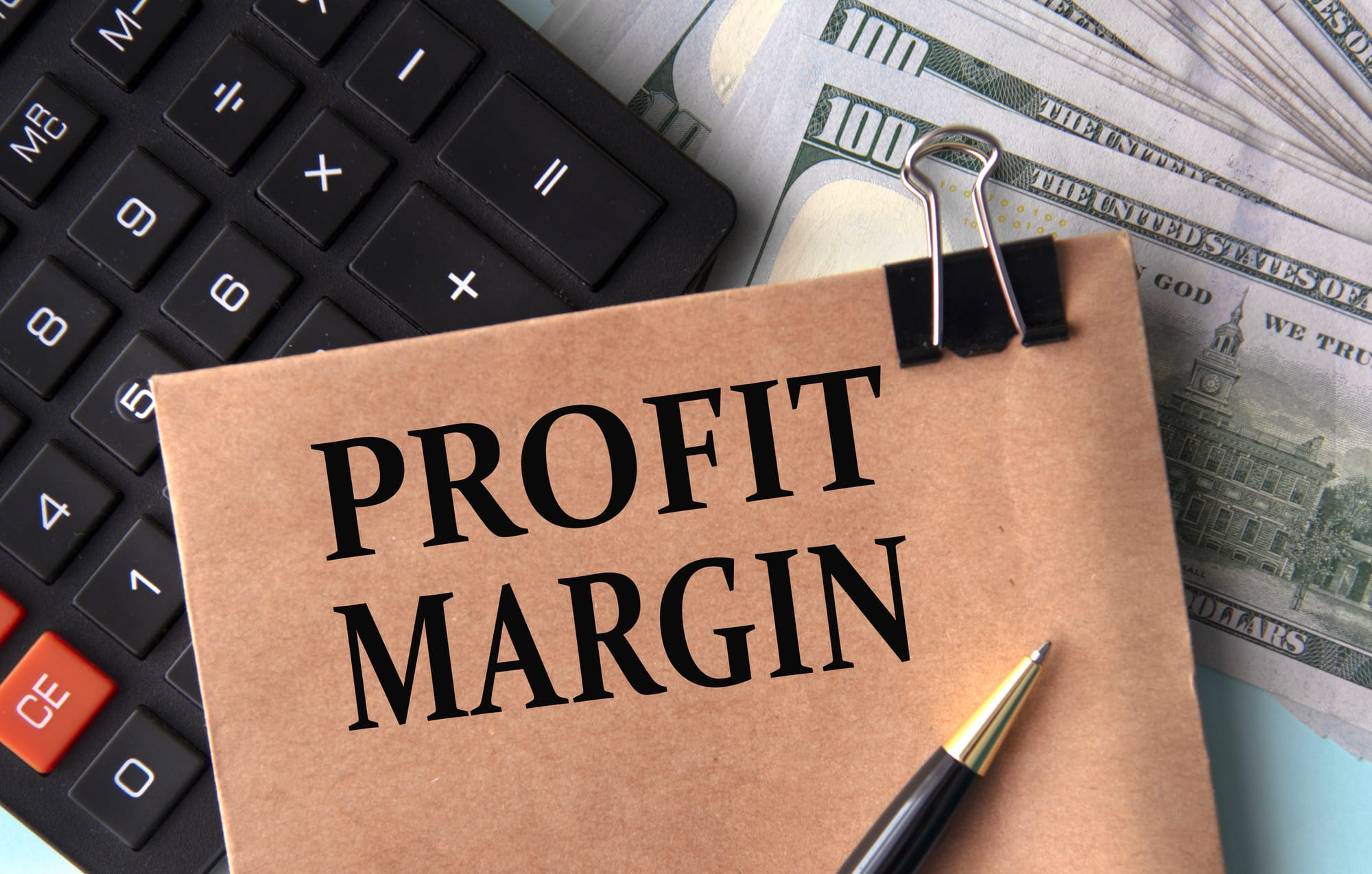When Every Minute Counts: Rethinking Profit Margins and Delay Risks in Construction

In the world of construction, the difference between profit and loss is often measured not in sweeping changes, but in mere days. With profit margins frequently hovering in the single digits, contractors and project managers face a relentless battle against the clock. But what if the true key to financial resilience isn’t simply working faster, but mastering the subtle art of delay risk mitigation?
The Fragility of Profit Margins in Construction
Unlike industries that enjoy comfortable markups, the construction sector operates on a razor’s edge. A single design error, supply chain hiccup, or prolonged permit approval can wipe out months of strategic planning. In this environment, delay isn’t just a nuisance; it’s a profit killer. The industry needs a mindset shift: delay management isn’t a side task; it’s a core financial strategy.
What’s at Stake When Projects Stall?
Delays bring far more than scheduling headaches. They trigger a domino effect of cost escalation:
- Unpredictable weather washing away workdays
- Labour shortages halting productivity
- Material delays interrupting sequencing
- Design errors forcing rework
- Slow permits and regulatory holdups
Each day lost increases direct and indirect expenses, extended equipment rentals, ballooning labour costs, higher site management overheads, insurance exposure, and potential liquidated damages. Slowly and silently, the project’s financial health is drained.
The Hidden Toll: Beyond Dollars and Cents
Project delays also carry a human and reputational cost.
- Cash flow stress trickles down to subcontractors and vendors
- Client dissatisfaction sours long-term relationships
- Legal disputes become more likely
- Future opportunities fade as your reliability comes into question
In an industry built on trust and reputation, delays do more than hurt margins they damage credibility, erode partnerships, and leave a lasting mark that no profit margin can easily repair.
Mitigation: Not a Checkbox, but a Culture
Delay risk mitigation is too often treated as a perfunctory item on the project checklist. But what if it were something more? What if it were a project-wide philosophy woven into the DNA of every decision, from planning to handover? Reframing delay mitigation as a strategic mindset can fundamentally transform a company’s bottom line.
Levers of Change: Where to Start?
Smart delay management isn’t guesswork; it’s built on consistent, proactive habits:
- Forecasting with Foresight: Spot potential delay risks early. Contingency plans turn uncertainty into control.
- Intentional Resource Allocation: Precise scheduling reduces idle time and waste. Every dollar spent moves the project forward.
- Beating Deadlines Builds Trust: On-time delivery translates directly to repeat business and higher-margin opportunities.
- Disciplined Scope Control: Avoiding rework and scope creep keeps resources aligned with the original plan and budget.
Tools for Resilience: Turning Insight into Action
If delay mitigation is the compass, what are the tools?
- Critical Path Scheduling & Float Management
- Collaborative Planning Software & Real-Time Dashboards
- Pre-Contract Risk Allocation and well-drafted terms
- Integrated communication protocols between contractors, clients, consultants, and authorities
- Regular Progress Reviews & Early Warning Systems
Successful project teams don’t leave coordination to chance; they systemise it.
Conclusion: Time as the True Measure of Value
It’s time to rethink what we truly value in construction. Profit margins matter, but they are only a reflection of something more profound: time is money, and every saved day protects your margin and reputation.
When delay mitigation becomes a cultural standard, not just a management tactic, the result is not just profitability, but resilience.
In this new paradigm, the construction firms that rise to the top won’t be the fastest or the cheapest. They’ll be the ones who plan better, coordinate smarter, and mitigate delays before they materialise. That’s not just building faster. That’s building wisely.